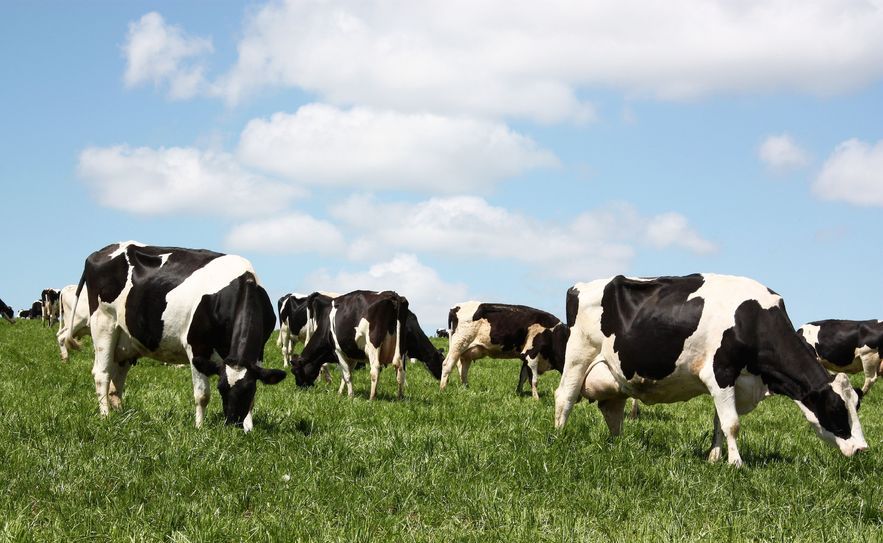
Face the reality of global markets - and the price volatility that goes with them…that’s the message from independent agricultural economist Séan Rickard, speaking at the OMSCo conference this week.
'The Positive Dairying: Winning in a Global Marketplace' event saw dairy farmers, industry leaders and stakeholders pack the National Motorcycle Museum in Birmingham for a fascinating and thought-provoking day that saw a range of highly respected speakers delivering their thoughts and opinions of the future of this vital British industry.
Séan focussed on the future options for those in this sector. “UK dairy farming is now part of a global industry and is therefore subject to the vicissitudes of short term shocks to global markets, and longer term global trends,” he said. “Even relatively small mismatches between supply and demand lead to large fluctuations in price. Surviving dairy farmers must learn to cope with greater volatility.
“The dairy industry, and particularly UK farmers, needs a new mindset: not only to deal with short term volatility, but also with the longer term global opportunities and sustainability challenges,” he explained.
Individual farmers have four options,” he added. “The first is to leave the industry. The second is to adjust by increasing productivity and/or increasing returns, which is obviously only an option where the farm has the scope and ability to improve. Thirdly, they can adopt a buffer capability strategy whereby you are able to weather an input or output price shock without substantial change or, lastly, make a radical change by investing in horizontal or vertical diversification which is high risk and, in truth, only a few will succeed here.
“Worldwide, the underlying trend in demand for dairy products is expected to rise at 2% per year and the removal of EU quotas gives the UK dairy industry an opportunity. Remember, we have some of the best dairy dairies in the world,” he concluded. “This gives us enormous opportunities. Let’s take action now to get ahead.”
A lively political debate between Neil Parish, MP for Tiverton and Honiton, and Heather Wheeler MP, chair of the All Party Parliamentary Group for Dairy, ended with a show of hands demonstrating a clear preference for staying in Europe for the long-term.
John Giles, divisional director, Promar International, added his thoughts to the global marketing situation faced by the industry stressing how the mid to long term future of the dairy industry did look strong - however the industry could takes lessons from other sectors to succeed.
“We mustn’t get obsessive about the short term challenges,” he warned. “Obviously we need to manage our businesses accordingly, but we must not lose sight of the global opportunities. “We can take transferrable lessons from other sectors, see how they protect their brand, how they invest in R&D, consider how value, not volume, can drive a business and innovate.”
Next up was a lively question and answer session, chaired by Ian Potter, covering topics from Chinese organic certification, trust within the supply chain , European competition, the marketing strategy of liquid milk, Government regulations, the influence of global currencies and how best to spend levy money.
Concluding the day were three technical and extremely informative presentations from Jo Scamell, Ground level Nutrition, Wil Armitage, organic dairy farmer from Leicestershire, and Roger Blowey, dairy vet.
